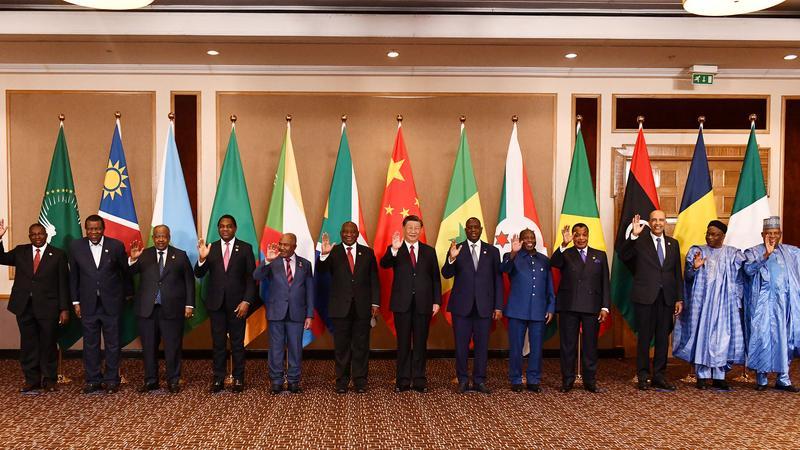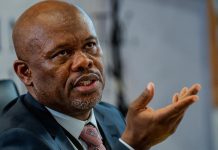The Saturday Star
Africa-Press – South-Africa. Johannesburg – The end of the BRICS summit has been described by analysts as a defining moment that will change the face of geo-politics and realignment of the Global South to challenge the dominance of Western powers.
The inclusion of six new members by BRICS shifted tectonic plates as this will catapult the bloc to be a major force controlling 37% of the world GDP.
South Africa invited a number of countries from Africa to Latin America and other parts of the world to take part.
UN Secretary-General Antonio Guterres and African Union chairperson Azali Assoumani called for a new world order.
But Guterres said the new world order would not guarantee peace until certain things were done.
Chinese President Xi Jinping said this summit was marking the end of the hegemonic world.
President Cyril Ramaphosa said on the issue of the BRICS currency, leaders of the bloc agreed that their Finance Ministers would look at the use of national currencies to trade.
This would mean most members of BRICS would stop using the dollar.
Some of the countries like India, Brazil, Russia and China have already started trading in their national currencies over the last few months.
Ramaphosa announced this week that Saudi Arabia, Iran, the United Arab Emirates, Egypt, Ethiopia and Argentina will formally join BRICS in January next year.
This will be the first phase of the expansion. Initially, it was said there were more than 23 countries that had expressed an interest to join.
Professor Bheki Mngomezulu from Nelson Mandela University and Dr Sizo Nkala from the Centre for Africa-China Studies at the University of Johannesburg said the BRICS summit was a success and the issue of Russian leader Vladimir Putin did not overshadow significant decisions made at the summit.
Nkala said the issue of Putin had put South Africa in a dilemma since the International Criminal Court issued a warrant of arrest in March.
But he said the fact that Putin eventually decided to stay home and not travel to South Africa was the best decision.
Nkala described the expansion of BRICS as a master stroke.
“Six new members were formally invited to join the group. Of course, there will always be debates over why a certain country was picked and not another as there were more than 20 interested countries. I think the new members bring qualities and attributes that will enhance the stature and strategic advantage of BRICS as it bids for more global influence,” said Nkala.
“The new members bring significant natural resources, sizeable populations, and geo-strategic location which can serve as a foundation on which BRICS can build. Moreover, the BRICS partners were in agreement on critical issues including the Russia-Ukraine war, digital economy, reducing reliance on the US dollar, and enhancing connectivity to boost trade and investment in the global south,” said Nkala.
Mngomezulu said this was a successful summit hosted by Pretoria. He said the issue of the expansion of BRICS was the most significant part of the meeting.
There were more than 50 heads of state and governments from all over the world. This signified the importance of BRICS as a bloc and the role it plays in geo-politics. Mngomezulu said the expansion of BRICS was a defining moment.
“The BRICS summit was a success, both for the group and South Africa as the host country. History was made with the first expansion of membership and the agreement on de-dollarisation,” said Mngomezulu.
The Saturday Star
For More News And Analysis About South-Africa Follow Africa-Press






